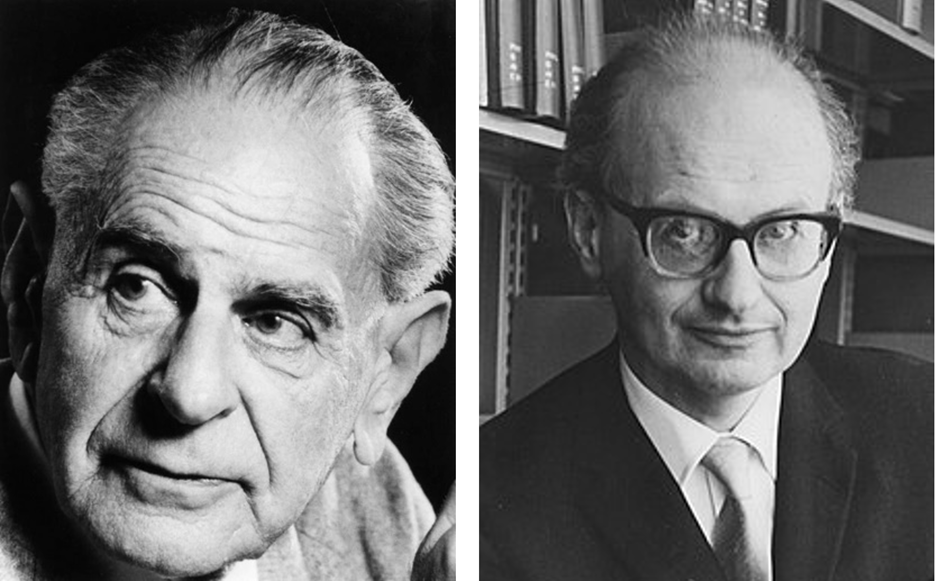Research assessment practices that largely rely on publication-driven assessments of research(ers) are slowly running out of steam. A remnant of a science system that is largely inward-focused and output-oriented, these assessments paint a rather monochrome picture of science that is not fit for today’s developments that reconfigure the relationship between science and society.
Messaggi di Rogue Scholar

🔈 This is a transcript of the Open Update podcast. Listen to the original audio on Anchor.fm. [00:00:00] Chris Hartgerink: Welcome back to the Open Update. We are continuing the conversation from a few weeks ago where we are asking this question of how do we create change and are we accelerating or decelerating how fast we're making change.

We recently announced our immediate archival strategy, which will ensure the content on ResearchEquals stays available in case of an immediate, disastrous event (e.g., accidents, business shutting down). In this post, we describe how we implemented this archive strategy, which is run at zero cost using open-source software. The immediate archive is continuously updated and made available using GitHub and GitHub Actions.

Niels Mede on how the rise of populist politics affects academic work, science communication practices of scholars engaging in public discourse and ways to address these challenges.

🔈 This is the transcript of the Open Update. Find the original audio on Anchor.fm. [00:00:00] Chris Hartgerink: Hello, and welcome to the Open Update. I'm Chris Hartgerink for Liberate Science, joined by Sarahanne Field, actually in person today. [00:00:07] Sarahanne Field: In Berlin.

Bao & Huang on gender biases in Chinese scientific committees, calling for policy reforms in academia.

Abstract Popper’s (1983, 2002) philosophy of science has enjoyed something of a renaissance in the wake of the replication crisis, offering a philosophical basis for the ensuing science reform movement. However, adherence to Popper’s approach may also be at least partly responsible for the sense of “crisis” that has developed following multiple unexpected replication failures.

Our lab is growing! In our Three Questions series, we’re profiling each of our members and the amazing work they’re doing. Today’s post features Maddie Hare, a doctoral student in the Digital Transformation and Innovation (DTI) Program at the University of Ottawa—and the newest member of the ScholCommLab.

For me, the end of the year is a time for reflecting on the past; summer is a time for reflecting on the future. This summer, I have been thinking about how I spend my labor energy in a rapidly changing world. What is meaningful and a good utilization of my skillset?

Last April, Martin Fenner launched Rogue Scholar, an archive of science blogs aiming to index full-text of blog posts, establish a full-text search, and register DOIs and metadata for all posts.